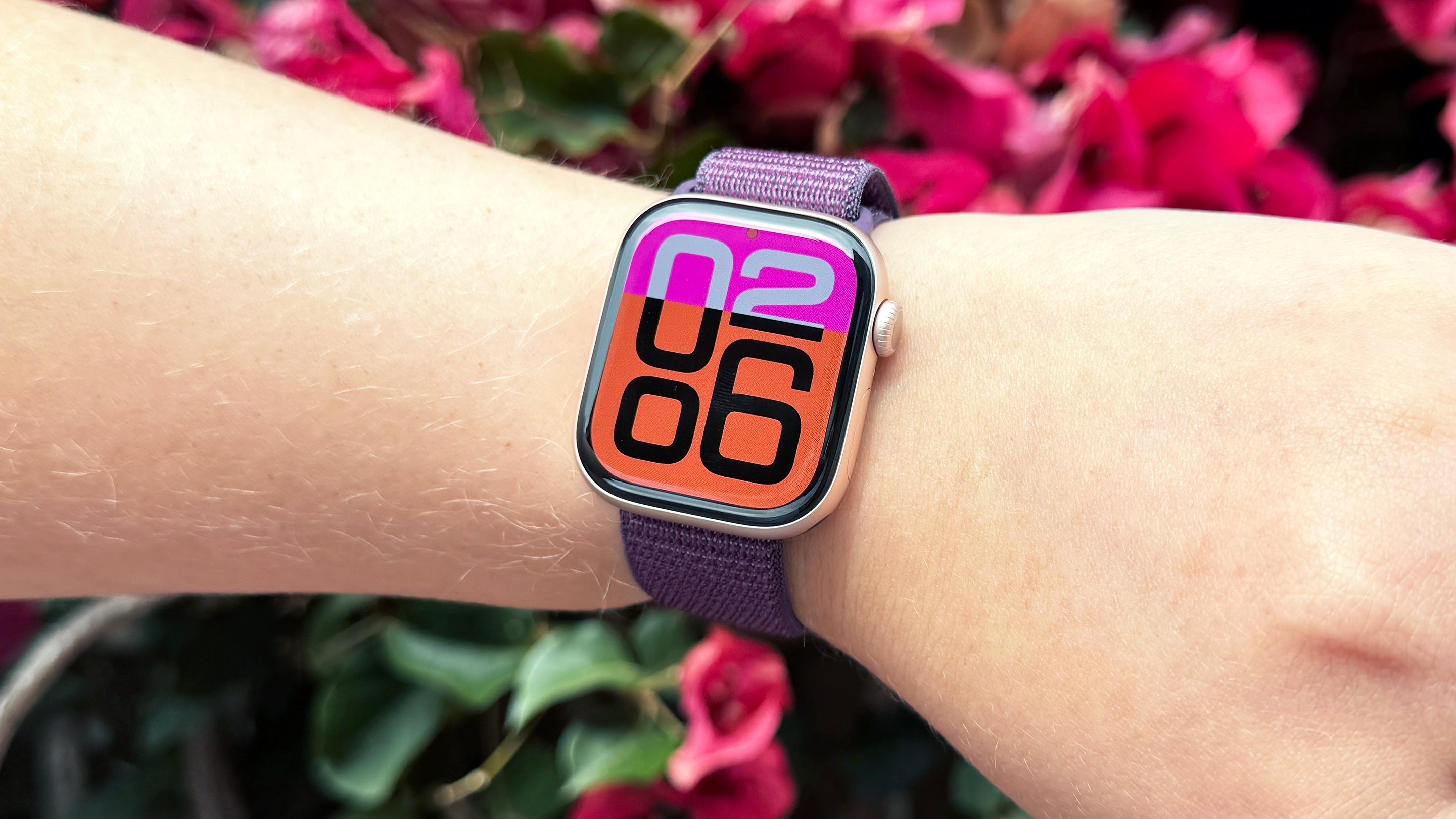Trump HHS Secretary RFK Jr. wants every American to wear a fitness tracker — here's the problem with that
“My vision is that every American is wearing a wearable within four years”

Here at Tom’s Guide our expert editors are committed to bringing you the best news, reviews and guides to help you stay informed and ahead of the curve!
You are now subscribed
Your newsletter sign-up was successful
Want to add more newsletters?

Daily (Mon-Sun)
Tom's Guide Daily
Sign up to get the latest updates on all of your favorite content! From cutting-edge tech news and the hottest streaming buzz to unbeatable deals on the best products and in-depth reviews, we’ve got you covered.

Weekly on Thursday
Tom's AI Guide
Be AI savvy with your weekly newsletter summing up all the biggest AI news you need to know. Plus, analysis from our AI editor and tips on how to use the latest AI tools!

Weekly on Friday
Tom's iGuide
Unlock the vast world of Apple news straight to your inbox. With coverage on everything from exciting product launches to essential software updates, this is your go-to source for the latest updates on all the best Apple content.

Weekly on Monday
Tom's Streaming Guide
Our weekly newsletter is expertly crafted to immerse you in the world of streaming. Stay updated on the latest releases and our top recommendations across your favorite streaming platforms.
Join the club
Get full access to premium articles, exclusive features and a growing list of member rewards.
The best fitness trackers can tell you a lot about your overall health — designed to be worn 24/7, they’ll track your heart rate, daily activity levels, calories burned, and how well you sleep.
And now, US Health and Human Services (HHS) Secretary Robert F. Kennedy Jr. has said he'd like to see every American wearing some form of health or fitness device by 2029.
“My vision is that every American is wearing a wearable within four years,” he said at a congressional hearing last week. It was announced, his department will soon begin one of “the biggest campaigns in HHS history,” which it says will help Americans “take control over their own health.”
We don’t know the details just yet. It isn’t clear, for example, whether the government will subsidize existing devices to make them more affordable or release a Trump-branded health tracker, following the recent Trump phone.
Wearables better than Ozempic?

During the congressional hearing, Kennedy Jr. said that his agency, which is behind the 'Make America Healthy Again', or MAHA, movement, is exploring ways to make the cost of blood glucose monitors more accessible.
He also suggested that an $80 wearable might be a better solution to the weight-loss drug Ozempic for controlling diabetes and weight, describing friends who “lost their diabetes” after wearing glucose monitors.
Evidence shows diet and exercise changes can reverse Type 2 diabetes, and that glucose monitoring can be effective in motivating patients to make better decisions.
Get instant access to breaking news, the hottest reviews, great deals and helpful tips.
Serious questions raised
At the time of writing, we don’t have a lot of information about what this campaign might look like, but questions have been raised about the safety of users’ health data.
Would the government or insurance providers have access to our fitness tracker data? And how would our privacy be protected?
For example, Strava got in hot water for leaking the location data of users in 2023. And in 2018, MyFitnessPal exposed the usernames, email addresses, and hashed passwords of 150 million users.
It’s also worth noting that while fitness trackers are an excellent resource, they won’t be suitable for everyone. It’s estimated that 28.8 million Americans will suffer from an eating disorder in their lifetime, and psychologists have tracked a recent rise in orthorexia, body dysmorphia, and anxiety.
These disorders can all be aggravated by the influx of data you receive while wearing a fitness tracker.
On the surface, however, fitness trackers have the potential to help you make healthier choices and gain a deeper understanding of your overall health. Trackers like the Apple Watch will alert you if it detects an irregular heart rhythm, which could save your life.
But this isn’t a one-size-fits-all solution, and a fitness tracker can never replace guidance from medical professionals. Ultimately, fitness trackers are only a piece of the health puzzle, and right now, we have more questions than answers
More from Tom's Guide
- Experts recommend the 'caveman method' for keeping your house cool in a heatwave — here's how it works
- The best fitness trackers on the market in 2025
- The best cheap fitness trackers to buy right now

Jane McGuire is Tom's Guide's Fitness editor, which means she looks after everything fitness related - from running gear to yoga mats. An avid runner, Jane has tested and reviewed fitness products for the past five years, so knows what to look for when finding a good running watch or a pair of shorts with pockets big enough for your smartphone. When she's not pounding the pavements, you'll find Jane striding round the Surrey Hills, taking far too many photos of her puppy.
You must confirm your public display name before commenting
Please logout and then login again, you will then be prompted to enter your display name.
 Club Benefits
Club Benefits










